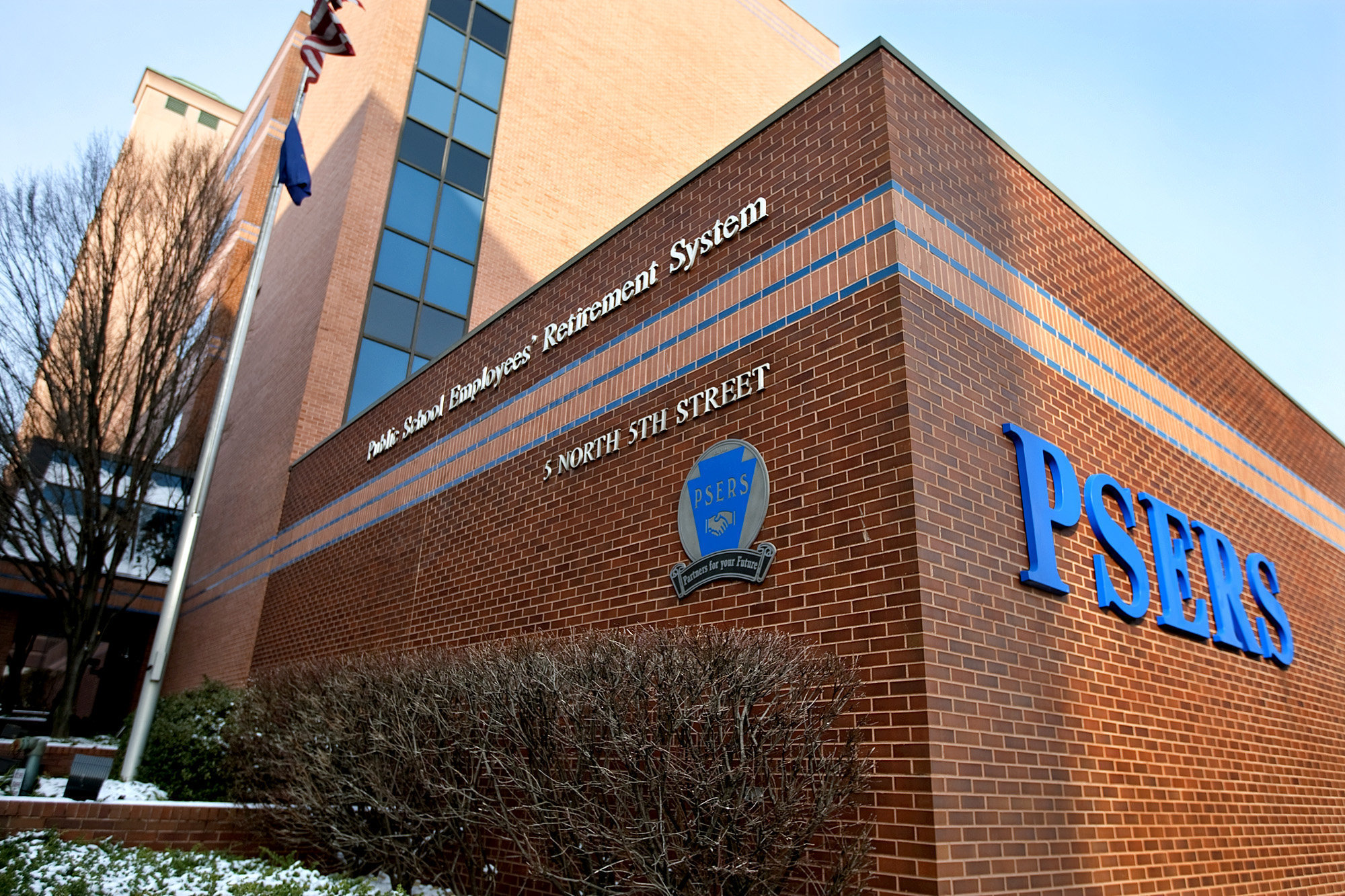A little fiscal mutualism, as a treat?

Michael Glass and Sean Vanatta, in their history of 1940s municipal finance in the New York suburbs, coined the term fiscal mutualism. This is a cool idea so it's good to know about generally, but I've been wondering whether it could be used as a strategy to address contemporary problems in education finance.
Specifically, I'm thinking about the woeful situation of the Pennsylvania State System of Higher Education (PASSHE).
PASSHE-ing the buck
PASSHE is facing a serious threat right now. Its Board of Governors just voted 17-2 to take the next step in a process of consolidating the system's 14 universities into 10. This could have disastrous consequences for the working class communities of central and western Pennsylvania that rely on these universities for employment, training, and community.
The Chancellor Dan Greenstein, a neoliberal technocrat faced with a know-nothing/spend-nothing Republican state legislature, only wants to cut. I've written about his lack of imagination when it comes to revenue solutions before. Now he's making good on that lack of imagination.
My union, the Association of Pennsylvania State College and University Faculty (APSCUF) is leading the charge against the consolidation. But at a recent rally, a reporter asked what strategies the union would recommend for institutions whose enrollments aren't growing and have to deal with debt service and other costs they can't meet.
Of course it's true that thinking about enrollments as 'having gone down' doesn't take the long view (we're actually doing well if you look starting from 2000), doesn't consider the cuts made during and after the Great Recession, and doesn't factor in the neglectful approach to state spending during the recovery. Not to mention the pandemic crisis.
And of course the union is correct to say this is a revenue problem and that we need to increase spending. But the reporter is right: what plans do we have to actually increase that revenue? (Sanders's College for All plan is one possible direction, but waiting for the federal government can be like waiting for Godot.)
That's where fiscal mutualism comes in.
Wicked PSERS
Fiscal mutualism, for Glass and Vanatta, is when a state pension fund invests in state and local governments rather than the stock market. Instead of trying to get the biggest short-term yield on pensioner contributions by investing in stocks, a fiscal-mutualist approach puts a pension's resources towards public infrastructure.
A pension fund is just a big pool of money that people pay into to receive financial support at the end of their careers. People who run pensions are responsible for managing that huge pile of money so it best serves the people contributing to it. Before the 1950s, it was standard practice to assume that 'best serving pensioners' meant investing in public infrastructure. That all changed though, and Glass and Vanatta tell the story well.
History has thing to teach us now, and maybe fiscal mutualism is one of those lessons. My proposal is this: what if PASSHE went to the Pennsylvania Public School Employees' Retirement System (PSERS) and asked for a little fiscal mutualism? What would that look like?
Some details about PSERS: about 250,000 teachers pay into the $62 billion fund, managed by a staff and overseen by a 15-member board of directors.
PSERS could buy a bond from PASSHE to (i) refund current debt service and (ii) cover costs of struggling universities. The interest rate on this loan could potentially be lower than what PASSHE is paying now for its debt service.
What would be in it for PSERS? Well, they have a bit of a public relations nightmare going on right now. They're being investigated for fraud.
The fraud allegation is that they lied about reaching their 6.36% growth target, claiming that they got to 6.38% in 2020. There's tension between the staff and the board of directors around this as the FBI investigates. They recently voted to raise the rates on teachers, meaning that they at least made a mistake and at worst lied about it.
What better to redeem them in the eyes of the public than investing in public higher education?